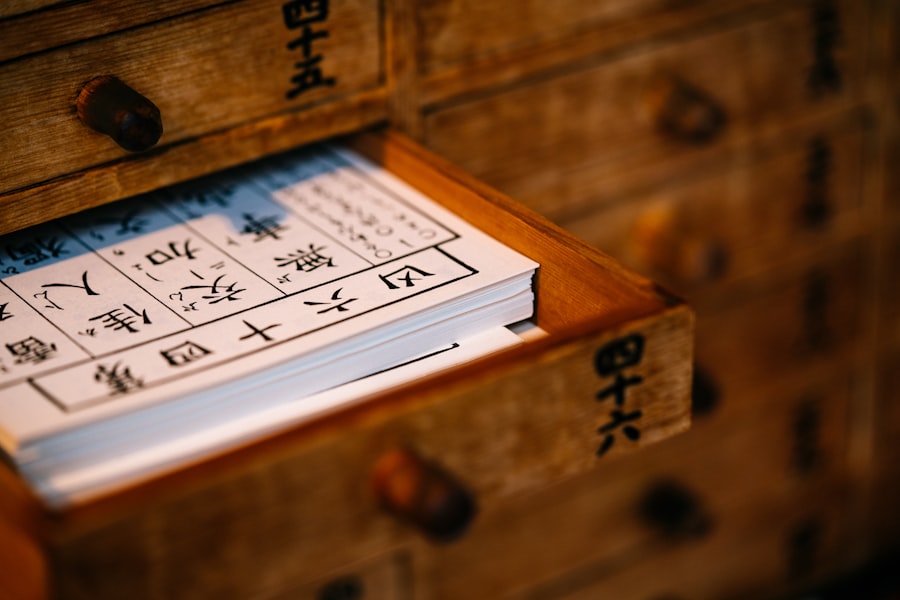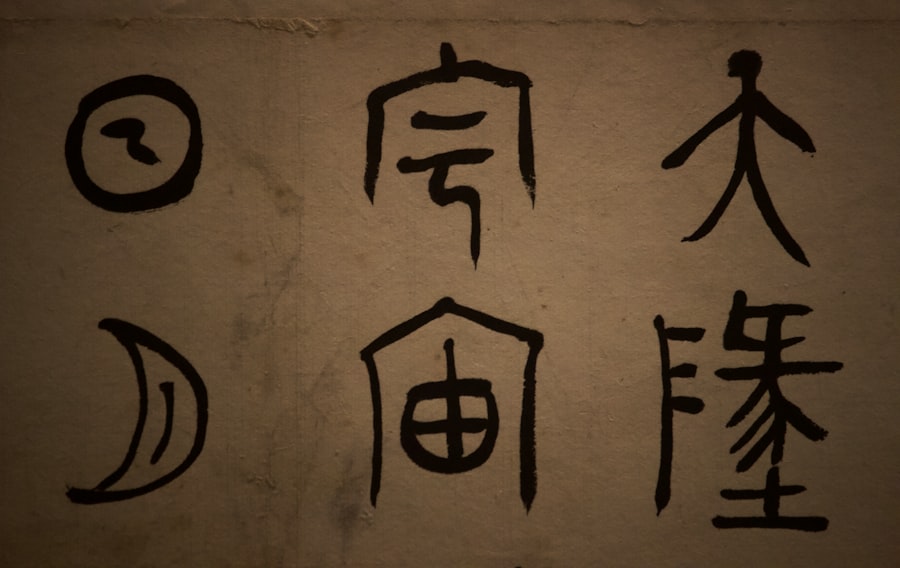Godzilla, the iconic monster that has captivated audiences around the globe, has a unique place in Chinese culture as well. Originating from Japan, this colossal creature has transcended borders, becoming a symbol of various themes such as destruction, resilience, and the consequences of humanity’s actions. In China, Godzilla is not merely a film character; he embodies a complex narrative that resonates with the country’s historical and cultural context.
The monster’s presence in Chinese cinema and popular culture reflects a blend of admiration and critique, making him a fascinating subject for exploration. As you delve into the world of Godzilla in Chinese culture, you will discover how this creature has been adapted and interpreted through various lenses. The character’s evolution over the years mirrors societal changes and the shifting dynamics of human relationships with nature.
In this article, you will gain insights into how Godzilla is pronounced in Chinese, its cultural significance, and how you can incorporate discussions about this legendary monster into your conversations. You will also find comparisons between the English and Chinese versions of Godzilla, providing a comprehensive understanding of his impact across different cultures.
Summary
- Godzilla is known as 哥斯拉 (Gēsīlā) in Chinese and has been a popular figure in Chinese culture for many years.
- The pronunciation of 哥斯拉 (Gēsīlā) in Chinese is similar to the English pronunciation of “Godzilla”, with a slight emphasis on the second syllable.
- Godzilla holds cultural significance in Chinese society as a symbol of power, destruction, and resilience, and has been featured in various forms of media and art.
- In Chinese conversation, Godzilla can be used to symbolize strength, fear, or as a metaphor for a powerful force or entity.
- The English and Chinese versions of Godzilla may have different cultural references and interpretations, but both share the common theme of a giant, destructive monster.
- For more information on Godzilla in Chinese culture, you can refer to the following resources:
- Chinese language textbooks or online courses that focus on popular culture and media
- Chinese films and TV shows featuring Godzilla or similar monster characters
- Chinese literature and folklore that reference mythical creatures similar to Godzilla
- Online forums and communities dedicated to discussing Chinese pop culture and its influences
Pronunciation of Godzilla in Chinese
When it comes to pronouncing Godzilla in Chinese, you will encounter the term “哥斯拉” (Gē sī lā). Each character in this transliteration carries its own meaning, contributing to the overall representation of the monster. The first character, “哥” (Gē), translates to “brother,” which may evoke a sense of familiarity or kinship.
The second character, “斯” (sī), is often used in transliterations and does not have a specific meaning in this context. Finally, “拉” (lā) means “to pull” or “to drag,” which could metaphorically relate to the destructive force that Godzilla represents. Understanding the pronunciation is essential for engaging in conversations about Godzilla in Chinese.
The tonal nature of the language means that the way you say “哥斯拉” can significantly affect comprehension. You will need to pay attention to the rising and falling tones to ensure that you are understood correctly. Practising with native speakers or using language learning apps can help you master the pronunciation, allowing you to discuss Godzilla with confidence.
Cultural significance of Godzilla in Chinese

Godzilla’s cultural significance in China extends beyond mere entertainment; it serves as a reflection of societal fears and aspirations. The monster’s origins are steeped in post-war anxieties, particularly regarding nuclear power and environmental destruction. In China, these themes resonate deeply, especially given the rapid industrialisation and urbanisation that have characterised the country’s recent history.
As you explore Godzilla’s role in Chinese culture, you will find that he often embodies the struggle between humanity’s progress and its impact on nature. Moreover, Godzilla has become a symbol of resilience in the face of adversity. In many narratives, he emerges as a force of nature that challenges human arrogance and reminds society of its vulnerabilities.
This duality—being both a destroyer and a protector—allows for rich interpretations within Chinese cultural discourse. You may find that discussions about Godzilla often lead to broader conversations about environmental issues, technological advancements, and the moral responsibilities that come with them.
How to use Godzilla in Chinese conversation
| Aspect | Details |
|---|---|
| Word | Godzilla |
| Meaning | Refers to a fictional giant monster, often used to describe something huge or powerful |
| Usage | Can be used in Chinese conversation to emphasize the size or strength of something |
| Example | “The new skyscraper is Godzilla-sized!” |
Incorporating Godzilla into your conversations in Chinese can be both enjoyable and enlightening. You might start by discussing recent films or adaptations featuring the monster. For instance, you could say, “你看过最新的哥斯拉电影吗?” (Nǐ kàn guò zuì xīn de Gē sī lā diàn yǐng ma?), which translates to “Have you seen the latest Godzilla movie?” This question not only opens up a dialogue about cinema but also allows you to explore themes related to the film’s narrative and its cultural implications.
Additionally, you can use Godzilla as a metaphor in discussions about challenges or obstacles. For example, if you’re talking about overcoming difficulties at work or in personal life, you might say, “就像哥斯拉一样,我们必须面对巨大的挑战。” (Jiù xiàng Gē sī lā yī yàng, wǒmen bìxū miàn duì jùdà de tiǎozhàn.), meaning “Just like Godzilla, we must face enormous challenges.
Comparisons between English and Chinese versions of Godzilla
When comparing the English and Chinese versions of Godzilla, several notable differences emerge that reflect cultural nuances. In English-speaking countries, Godzilla is often portrayed as a terrifying force of destruction, embodying fears related to nuclear warfare and environmental degradation. The narratives typically focus on the monster’s rampage through cities and its confrontations with military forces.
However, in Chinese adaptations, there is often a more nuanced portrayal that includes themes of redemption and coexistence with nature. In addition to thematic differences, the visual representation of Godzilla can vary significantly between cultures. While Western films may emphasise the monster’s terrifying size and destructive capabilities, Chinese interpretations often highlight his role as a guardian figure who ultimately seeks balance between humanity and nature.
This shift in perspective allows for a richer narrative that resonates with Chinese audiences’ values and beliefs about harmony and respect for the environment.
Resources for learning more about Godzilla in Chinese culture

To deepen your understanding of Godzilla’s role in Chinese culture, there are several resources you can explore. One excellent starting point is to watch films featuring Godzilla with Chinese subtitles or dubbing. This approach not only enhances your language skills but also provides insight into how cultural elements are adapted for different audiences.
Pay attention to how dialogues are translated and how cultural references are integrated into the narrative. Additionally, consider reading articles or books that analyse Godzilla’s impact on global cinema and its specific significance within China.
Online platforms such as forums or social media groups dedicated to film discussions can also be valuable resources for engaging with other enthusiasts who share your interest in Godzilla. Finally, language learning apps that focus on conversational skills can help you practice discussing Godzilla in Chinese. Engaging with native speakers through language exchange platforms can further enhance your understanding of how this iconic character is perceived within contemporary Chinese society.
By immersing yourself in these resources, you will gain a comprehensive understanding of Godzilla’s cultural significance and his enduring legacy across different cultures.
If you’re interested in learning more about Godzilla and its impact on modern society, you should check out the article “Godzilla: A Symbol of Anarchism and Capitalism in Modern Society”. This insightful piece delves into the deeper meanings behind the iconic monster and how it reflects the complexities of our world today. It’s a fascinating read for anyone looking to explore the cultural significance of Godzilla beyond just how to say its name in Chinese.
FAQs
What is the Chinese translation for “Godzilla”?
The Chinese translation for “Godzilla” is 哥斯拉 (Gēsīlā).
How is “Godzilla” pronounced in Chinese?
In Mandarin Chinese, “Godzilla” is pronounced as “Gēsīlā” (guh-suh-lah).
Is “Godzilla” a popular character in Chinese culture?
Yes, “Godzilla” is a popular and well-known character in Chinese culture, especially among fans of science fiction and monster movies.
Are there any Chinese adaptations or versions of “Godzilla”?
Yes, there have been Chinese adaptations and versions of “Godzilla,” including films and merchandise that cater to the Chinese market.
How do Chinese fans refer to “Godzilla” in casual conversation?
In casual conversation, Chinese fans often refer to “Godzilla” simply as “哥斯拉” (Gēsīlā), using the Chinese translation of the name.
